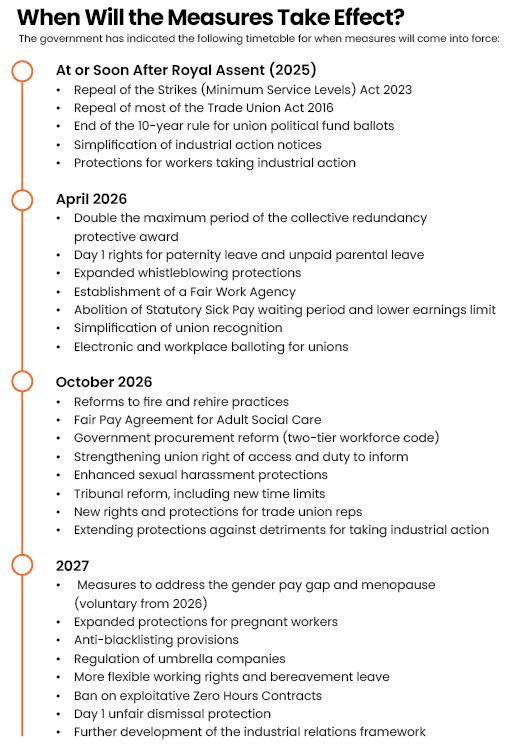Health Care Assistants Build Their Union
- msmithorganiser
- Mar 22, 2025
- 4 min read
Updated: Mar 25, 2025

Organising for a Change interviewed Louise Chinnery from UNISON about her unions successful union building campaign in NHS Hospital wards, targeting Health Care Assistants (HCAs) HCAs work with medical staff in a similar way that Teaching assistants work with teachers in schools.
UNISON members successfully built their union by over 5,000 members in its first year, elected and trained over 130 new union representatives, won every strike ballot they ran and recovered £104 million in stolen wages so far. This blog sets out to highlight successful union building work such as this and to tease out the lessons for the wider movement
Talking about how the campaign started and why, Louise was clear that the starting point was adopting a clear strategy to use the existing industrial relations structures to better deliver both for members and new membership and activity in the union – uniting bargaining and union building in one approach. This came about through listening to both members and potential members at work in the NHS and realising that one group of workers facing long term pay discrimination and exploitation despite the existing agreements were the ward based Health Care Assistants – and many were keen to join their union and get organised
The UNISON Pay Fair Campaign had been running for a while and has had a big increase in both resources and profile within the union in the last year as part of the UNISON national organising strategy. This campaign has complemented the Unions Earnings Max campaign to make sure that national pay awards were being implemented fully in each workplace and issues of pay discrimination were spotted and tackled locally within agreed pay banding. Importantly these union building issues also included car parking charges, holiday allowances, sick pay and the use of overtime instead of bank shifts where a high degree of divergences for nationally agreed policies was found
A key lesson from the start appears to be that union builders at national level should not assume the job is done once a national pay deal is agreed. Public services face both overall financial pressures and increasing powerful internal competition within the NHS for resources, as a result of the breaking up of the services into hundreds of workplaces and employers. Beyond UNISON across several large public services unions this problem can lead to often poor and erratic implementation of nationally agreed pay structures at local level. In schools, the NHS and elsewhere this is becoming both a major problem and a major opportunity for union campaigning and building if were curious enough to identify them
This development has been emerging across public services for some years but produces a major set of challenges for union builders, activists and administrators which UNISON appear to have set out to meet with this campaign.
Louise set out the campaign methods in more detail explaining that firstly Branches, activists, reps and organisers needed to become experts in the fine detail of Agenda for Change and the national pay bands – and the complex Job Evaluation process that drives it. Without this expertise at ground level credible bottom up union building could easily have been hampered.
What follows from that is for the union has to embed its new curious approach to identifying pay gaps at local level. Local and national informal teams of organisers were built and supported to learn the required expertise, support each other collaboratively and have a supportive enough climate to test ideas, tactics and bargaining positions, refine them from experience and build momentum.
Next came the issue of where to start and this needed to be a democratic decision with key activists in the sector but also had to be balanced by information from the workforce themselves on where the main gaps and lack of implementation were happening. UNISON leaders understood though that with such widescale issues of low pay, over working and discrimination across many NHS employers deciding priority targets was itself a challenge and navigating this was positively assisted by making decisions as democratically as possible
Once identified it was important for the campaigns to be transparent within the union – setting industrial and organising goals, establishing baselines and benchmarks and reporting regularly to senior leaders on these. Specific training for activists involved in this campaign was launched and clear and straightforward guidance issued on the five stage strategy to win better pay and conditions with our HCA members
Of course any successful union building work throws up debate discussion and dilemma within the union at every level. Like all unions UNISON has limited resources and must choose between competing demands on the union – especially when a strategic decisions is taken to focus on one group of workers issues within the whole NHS.
In the opinion of this blog a key lesson from this campaign is that in making these decisions union leaders should run towards and embrace democracy, accountability and transparency and make the case for each campaign focussed on each specific occupational group.
National bargaining structures across public services - such as Agenda for Change in the NHS – continue to be undermined by fractured services, privatisation and Pay Review Bodies. Unions need to continue to promote national bargaining but seek to rebuild it from the bottom up through campaigns such as this run by the UNISON team



Comments